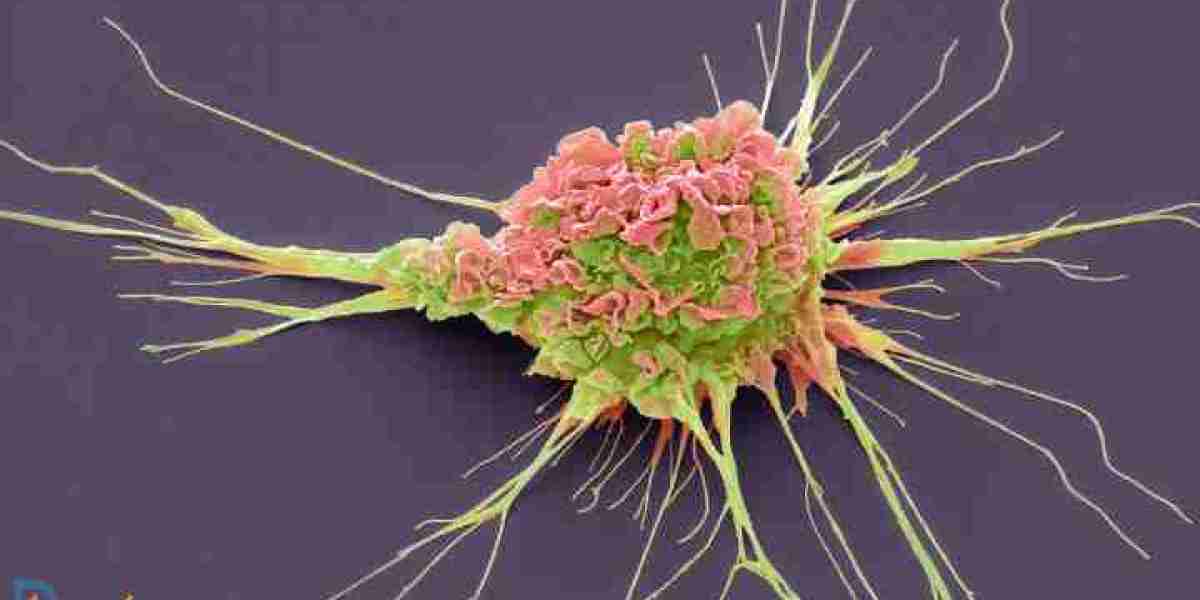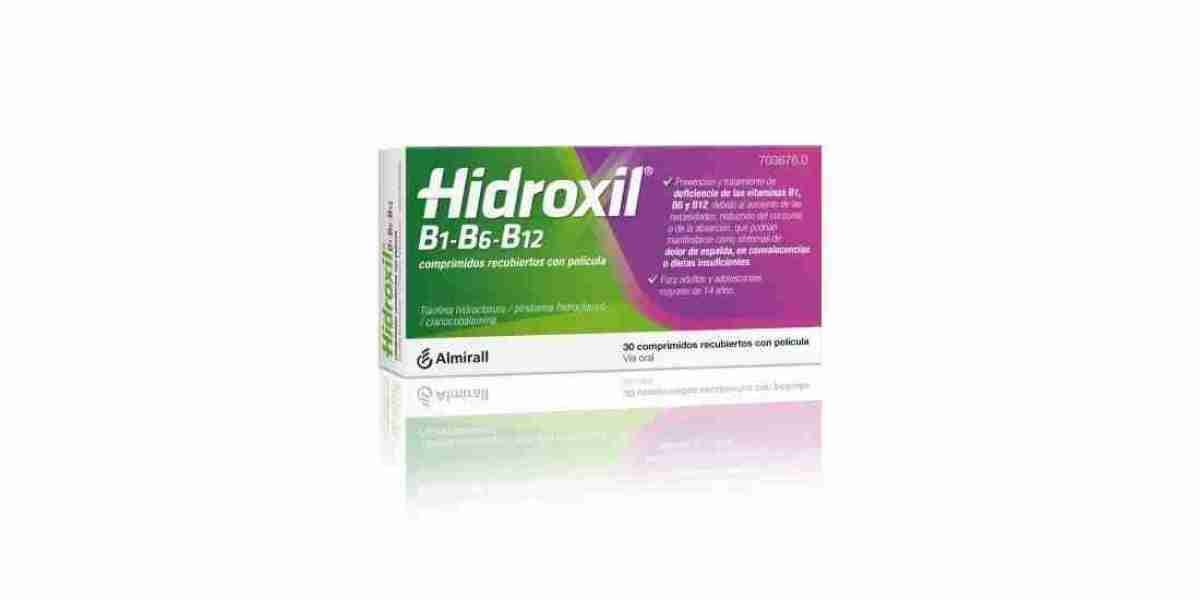The Function and Importance of NK Cells in Immunity
NK cells are equipped with receptors that allow them to detect cells that have been infected by viruses or have become cancerous. Unlike T cells, which require antigen presentation to identify threats, NK cells can recognize stressed, transformed, or infected cells through a variety of activating receptors. Once these cells are identified, NK cells release cytotoxic granules that induce apoptosis (cell death) in the target cells, thus preventing the spread of infection or the growth of tumors.
NK cells also play a regulatory role in the immune system by secreting cytokines and influencing other immune cells, including dendritic cells and macrophages, to further enhance the body’s immune response. This multi-functional role positions NK cells as a central player in both the innate and adaptive immune responses.
The Potential of NK Cell Immunotherapies
The potential of NK cell immunotherapies has garnered significant interest in the fields of oncology and infectious disease treatment. Researchers are increasingly exploring the possibility of harnessing NK cells as a therapeutic tool to fight cancers, particularly in cases where traditional therapies like chemotherapy or immunotherapy may be less effective.
One of the most promising areas of NK cell immunotherapy is the use of expanded NK cells derived from the patient’s own blood or from healthy donors. These expanded NK cells can be engineered to enhance their cancer-fighting abilities, making them more potent and effective in targeting and killing tumor cells. NK cell-based therapies are being investigated for use in treating a variety of cancers, including hematologic malignancies such as leukemia and lymphoma, as well as solid tumors like breast and lung cancer.
Moreover, NK cell immunotherapies are being explored in combination with other cancer treatments, such as immune checkpoint inhibitors, to enhance their effectiveness. By working synergistically with these therapies, NK cells could provide a more comprehensive and potent treatment approach for cancer patients.
Development of NK Cell Therapy
The development of NK cell therapy is progressing rapidly, driven by advances in biotechnology and our growing understanding of NK cell biology. Several key approaches are being explored in the development of NK cell-based treatments:
Autologous NK Cell Therapy: In this approach, NK cells are extracted from the patient’s own body, expanded in the laboratory to increase their number, and then reinfused back into the patient. This method reduces the risk of immune rejection and can be tailored to the specific needs of the patient.
Allogeneic NK Cell Therapy: Here, NK cells are sourced from healthy donors rather than the patient. These cells are often genetically modified to improve their efficacy, such as by increasing their ability to target cancer cells or resist tumor-induced suppression. Allogeneic therapies offer the advantage of being available off-the-shelf, which could make them more widely accessible.
Engineered NK Cells: Advances in genetic engineering are enabling the creation of NK cells with enhanced capabilities. These engineered NK cells can be modified to express chimeric antigen receptors (CARs), similar to CAR-T cell therapy, allowing them to target specific cancer antigens more effectively. This approach is particularly promising in treating cancers that are otherwise difficult to target.
NK Cell Activation and Expansion: Researchers are developing methods to activate and expand NK cells outside the body before reintroducing them into patients. By stimulating NK cells with specific cytokines or other factors, their activity and number can be significantly boosted, making them more effective in targeting tumors or infected cells.
Combination Therapies: NK cell therapies are being combined with other treatment modalities, such as immune checkpoint inhibitors, monoclonal antibodies, or traditional chemotherapy, to improve outcomes. These combination strategies leverage the unique mechanisms of action of NK cells to enhance the body’s overall immune response.
Challenges and Future Directions
Despite the promising potential of NK cell therapies, there are still several challenges to overcome in their development and application. One of the main hurdles is improving the persistence and activity of NK cells once they are infused into the patient. Unlike T cells, NK cells typically have a shorter lifespan in the body, which limits their therapeutic effectiveness.
Additionally, finding effective ways to overcome the immunosuppressive tumor microenvironment is critical to enhancing the success of NK cell therapies. Tumors often develop mechanisms to evade immune detection, making it difficult for NK cells to perform their function effectively. Researchers are exploring ways to modify NK cells or combine them with other therapies to counteract these immunosuppressive effects.
The future of NK cell therapy lies in continued research to refine these approaches, improve efficacy, and expand their use beyond cancer to include viral infections and autoimmune diseases. As our understanding of NK cell biology and their interaction with the immune system deepens, we can expect significant breakthroughs in immunotherapies that could offer patients new hope in treating conditions that were once considered difficult or impossible to cure.
Conclusion
Natural Killer (NK) cells represent a cornerstone of the immune system, with immense therapeutic potential, especially in cancer and immune-related disorders. The development of NK cell therapy is progressing rapidly, offering new and exciting possibilities for treatment. As scientists continue to harness the power of NK cell immunotherapies, we are likely to see more effective, targeted treatments emerge, offering patients safer and more powerful options to fight cancer and other diseases. The future of NK cell therapies is bright, with innovative developments on the horizon that could transform the landscape of immuno-oncology and beyond.
Latest Blogs Offered By DelveInsight:
Pfizer’s ABRYSVO Outpaces GSK’s AREXVY with Expanded FDA Approval – But Can It Sustain the Momentum?
5 Promising Exosome-based Therapies Paving the Way for Personalized Medicine
7 Key Technologies Pioneering Cybersecurity in the Healthcare Sector
7 Key Technologies Pioneering Cybersecurity in the Healthcare Sector
Pfizer’s ABRYSVO Outpaces GSK’s AREXVY with Expanded FDA Approval – But Can It Sustain the Momentum?
CAR-T Cells vs. CAR-Exosome Agents: Exploring the Future of Cancer Immunotherapy
Latest Reports
Acute Heart Failure Market | Acute On Chronic Liver Failure Aclf Market | Acute Respiratory Distress Syndrome Market | Adult Myopia Market | Advanced Cancer Pain Management Market | Anorectal Malformation Market | Arthralgia Market | Becker Muscular Dystrophy Market | Bipolar Depression Market | Charcot Marie Tooth Disease Market | Checkpoint Inhibitor Refractory Cancer Market | Chronic Pulmonary Infection Market | Clbp Market | Condyloma Market | Ctcl Market | Cutaneous Lupus Market | Cystinosis Market | Cystinuria Market | Diffuse Intrinsic Pontine Glioma Dipg Market | Diffuse Large B-cell Lymphoma Market | Digestive System Fistula Market | Diverticulitis Market | Dlbcl Market | Eosinophilic Gastroenteritis Market | Epilepsy Market | Erectile Dysfunction Devices Market | Erythema Market | Erythromelalgia Market | Esophageal Squamous Carcinoma Market






